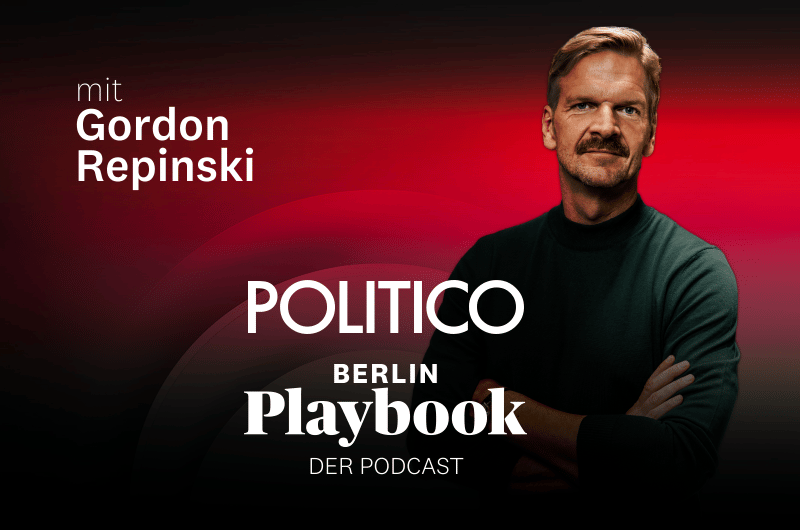

Recent developments in international trade and defense policies have brought attention to the intricate complexities of global relationships. The ongoing discussions around the transatlantic trade, symbolized by the resurgence of the ‘Chlorhuhn’—a colloquial term referring to chlorine-washed chicken and a key figure in the debate—highlight significant shifts in agricultural standards between the European Union and the United States. Meanwhile, the Pentagon’s strategic reassessment of arms exports underscores the interconnected nature of defense policies worldwide.
In a move emblematic of longstanding transatlantic tensions, the ‘Chlorhuhn’ once again emerges as a symbol of contention as the US and EU engage in negotiations over agricultural standards. This issue continues to embody the broader challenges in trade relations between advanced economies. During the discussions, Donald Trump has reportedly raised the prospect of imposing punitive tariffs unless the European Union aligns its standards more closely with those of the United States. While certain European political figures, such as Friedrich Merz, advocate for a resolution, there is an ongoing cautious dialogue, reflecting the delicate balance that underpins these negotiations.
On a parallel track, the United States is evaluating its defense contributions to various global allies. This review, conveyed by Pentagon spokesperson Sean Parnell, is particularly focused on the sustainability of current munitions stockpiles amid increasing reports of their depletion. A recalibration in the flow of military support, especially towards Ukraine, has stirred conversations on the broader implications for international security. The White House emphasizes that these measures respond to a calculated assessment of national interests, ensuring resource optimization while maintaining comprehensive support for allies.
In Ukraine, the halting of shipments, specifically of vital US Patriot defense systems, has been a sharp focal point. Ukraine’s response sheds light on the broader regional implications, as Kyiv warns that the suspension might embolden opposing forces. Yet, this decision underscores a nuanced approach by the United States in evaluating immediate defense responsibilities against strategic long-term security needs. The ongoing reflections at the Department of Defense (DoD) illustrate a careful balancing act between supporting allied nations and safeguarding domestic military capabilities.
These dual narratives of trade and defense are symptomatic of shifting priorities in international relations. They reflect a broader move towards recalibrating traditional alliances in the face of evolving geopolitical realities. As global policymakers navigate these complex issues, mutual respect and collaboration become crucial in fostering a stable and prosperous international community.
While challenges persist, these developments also present opportunities for constructive dialogue and innovative solutions. By engaging in mindful and deliberate negotiations, stakeholders can advance both economic and security interests. Through this lens, the resonant themes of cooperation and strategic foresight remain central to the future of transatlantic ties and global partnerships.
Source: {link}
